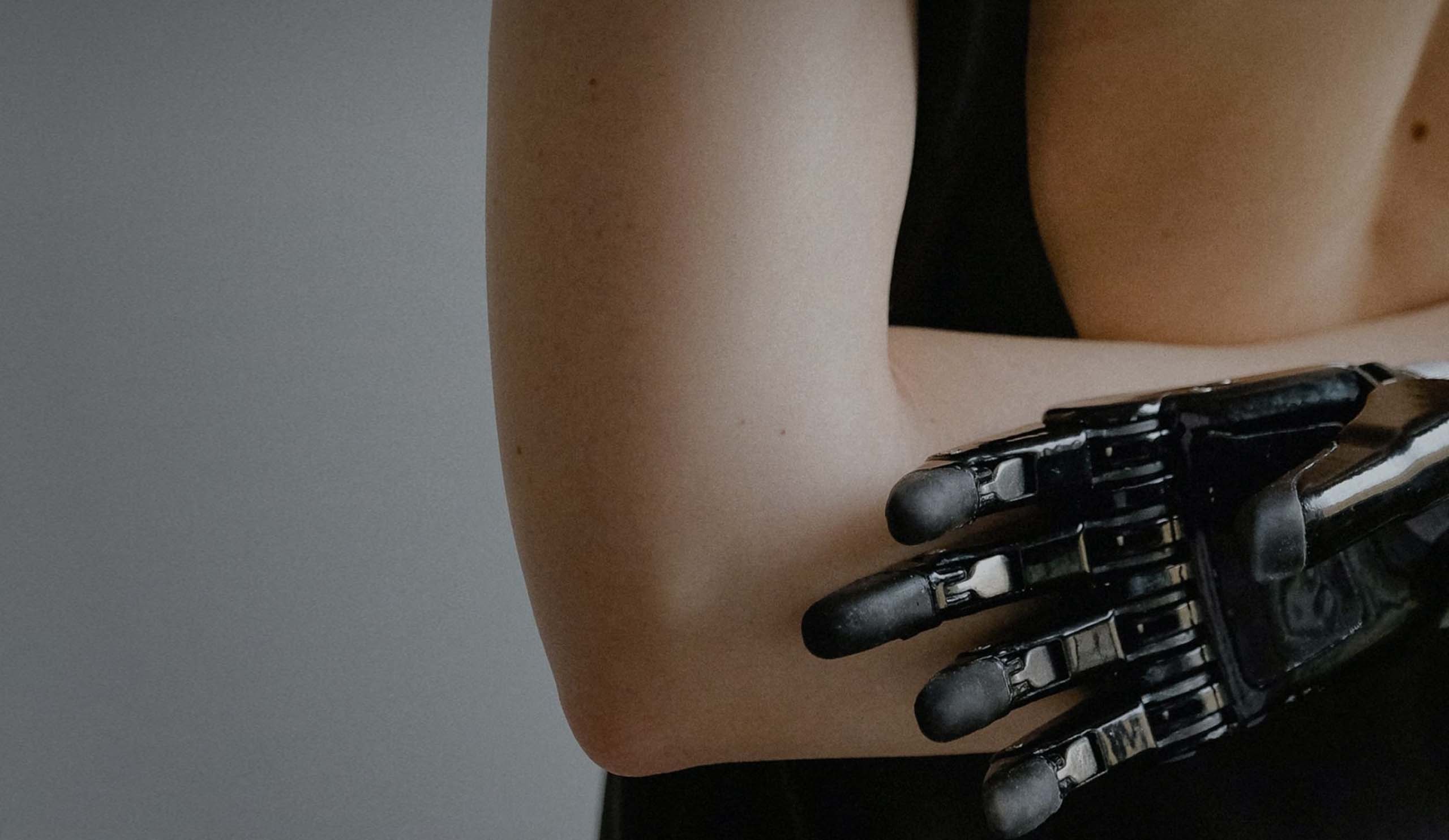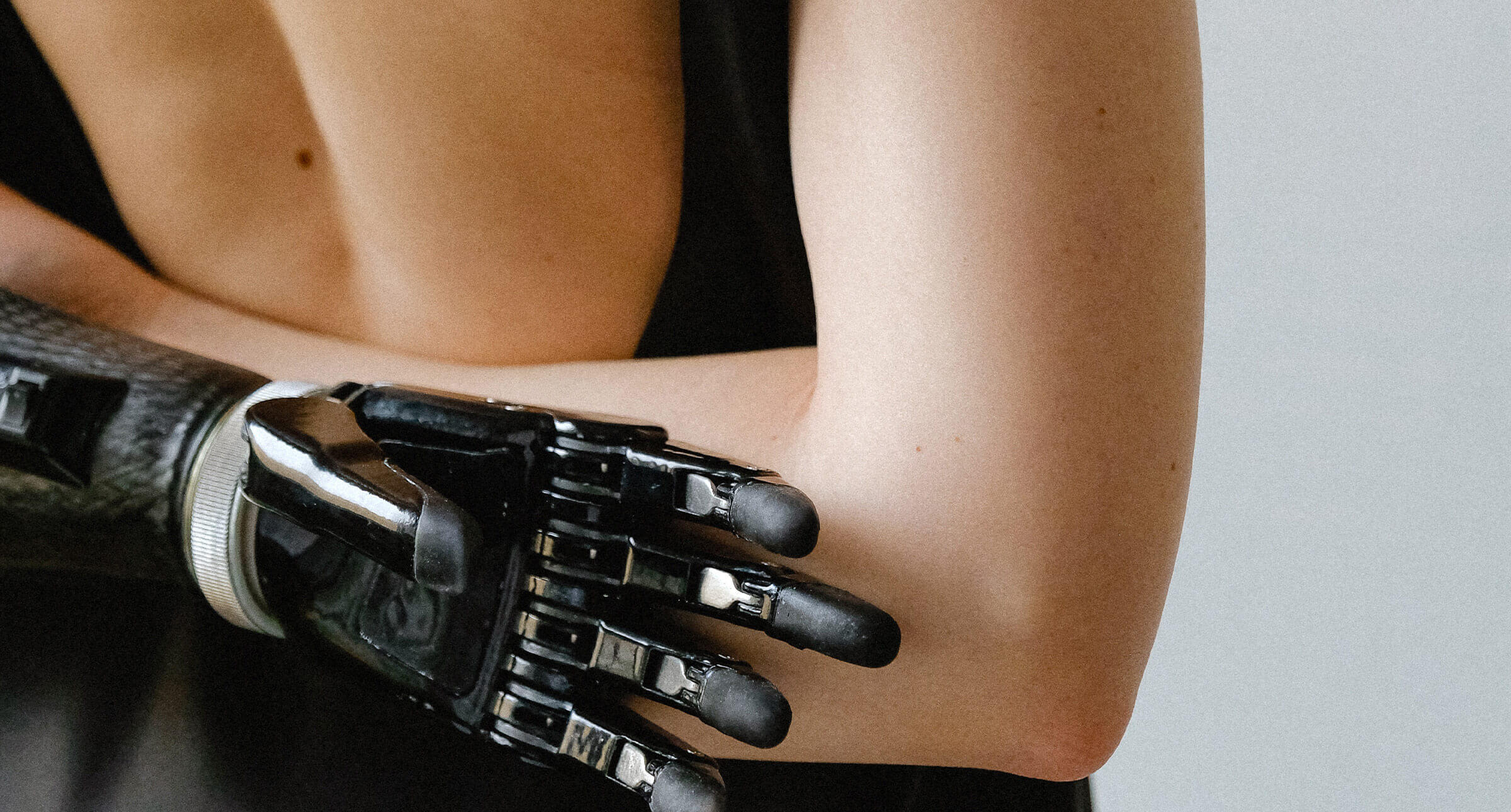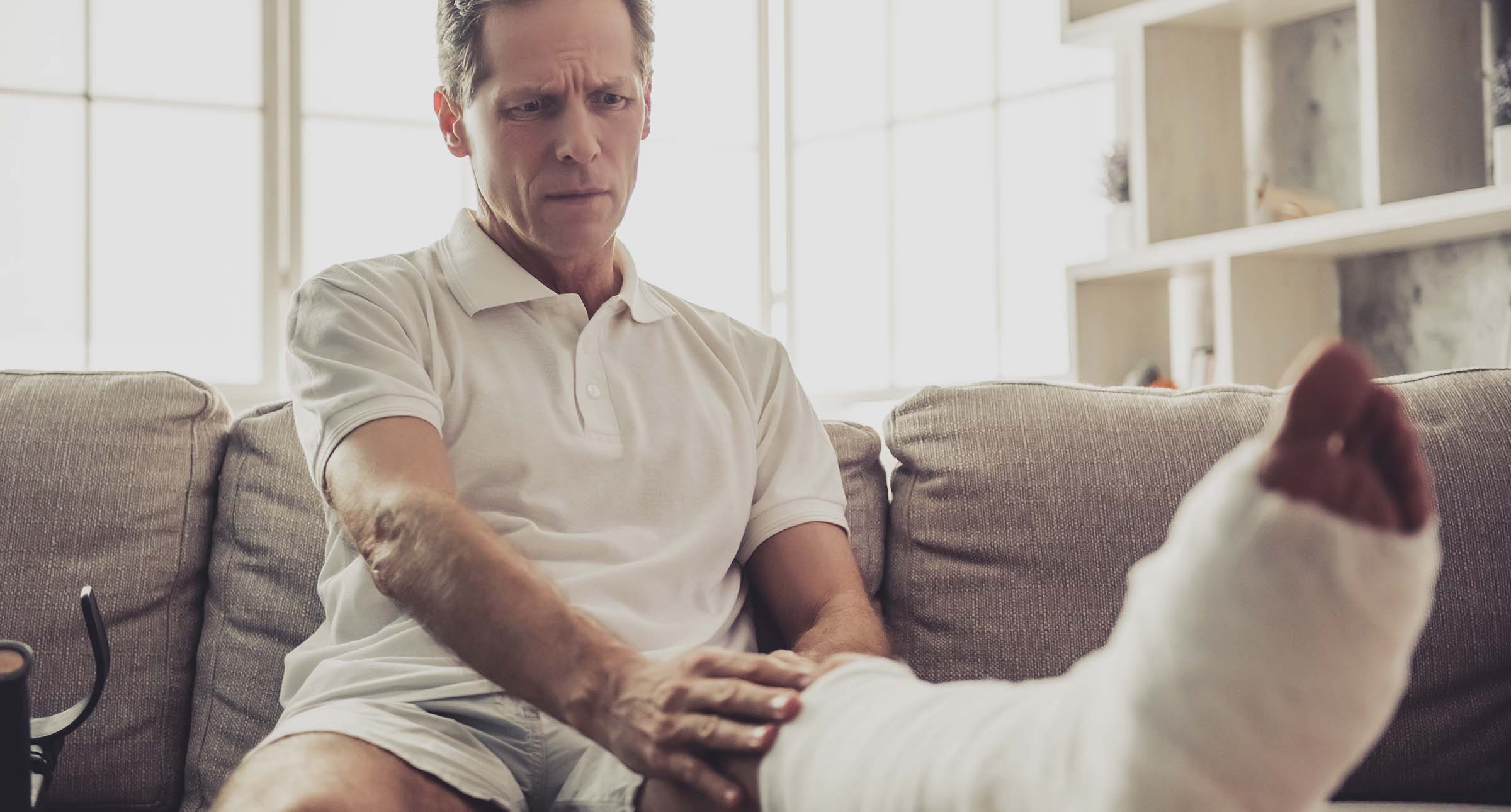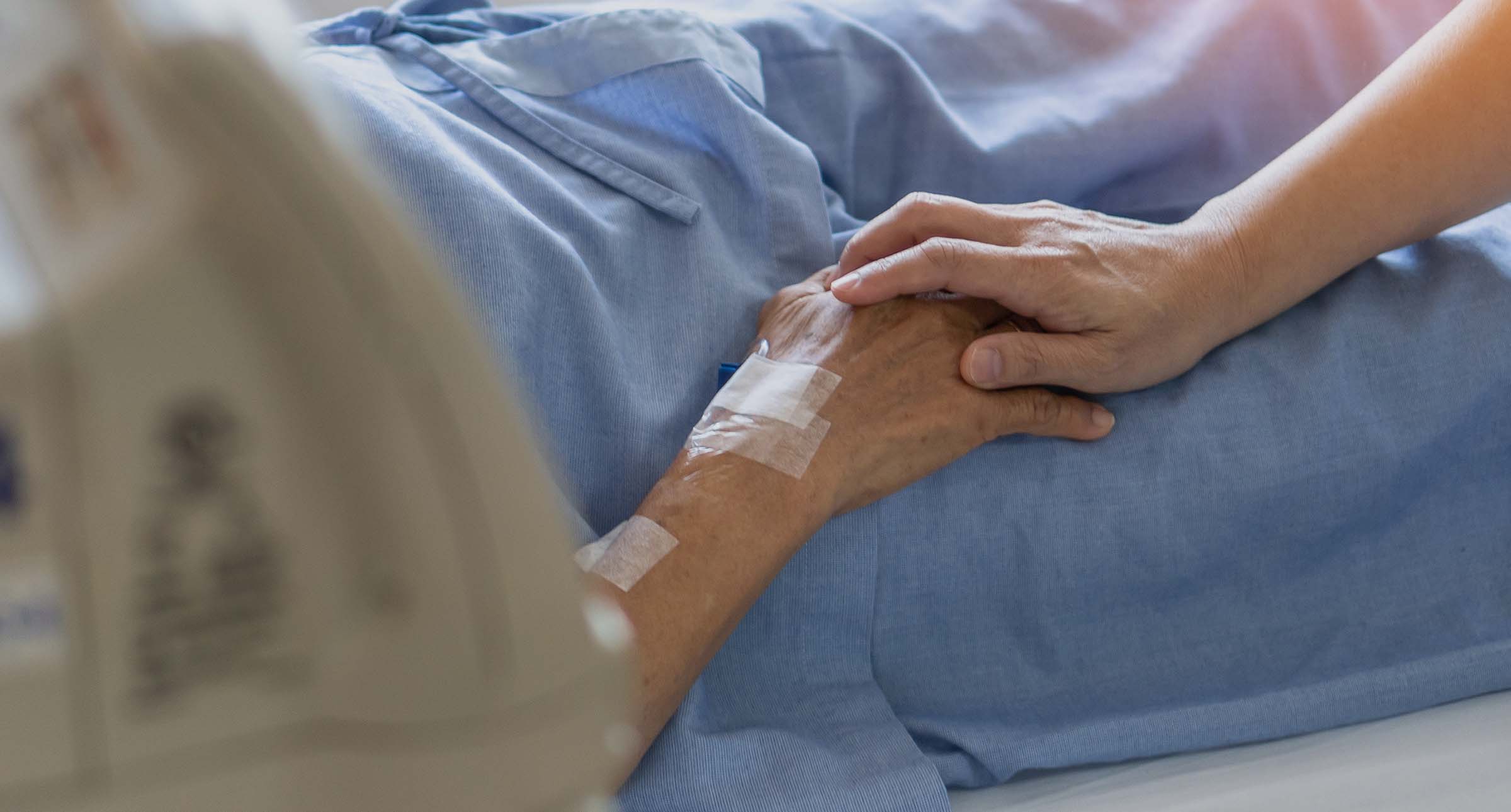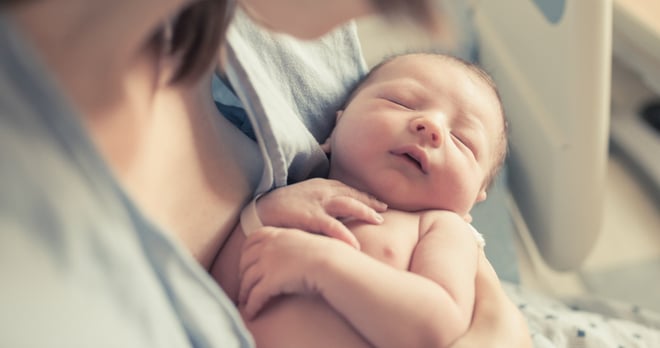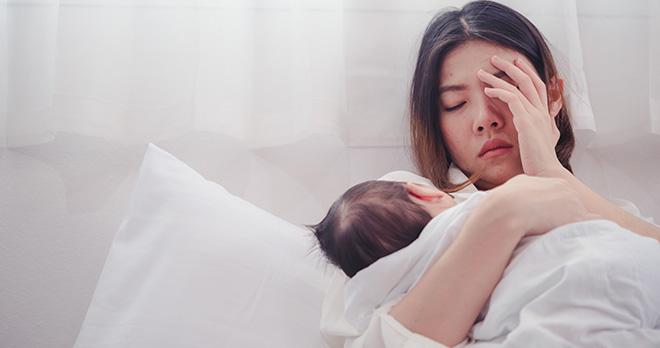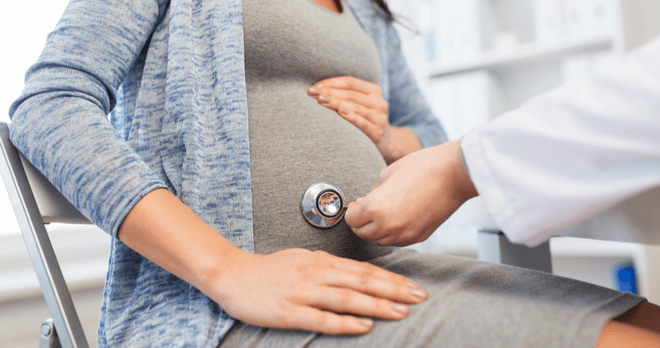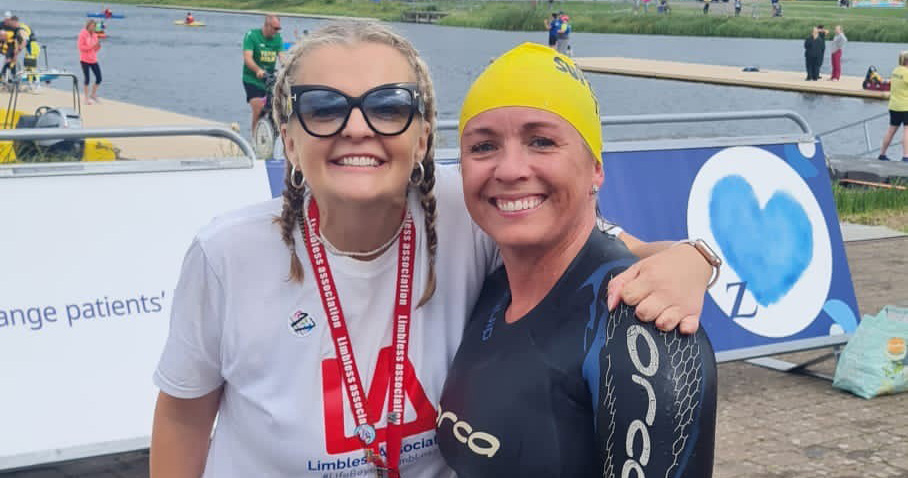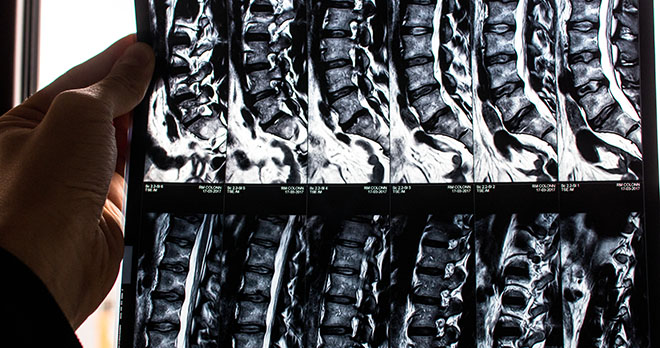The role of sport in limb loss rehabilitation.
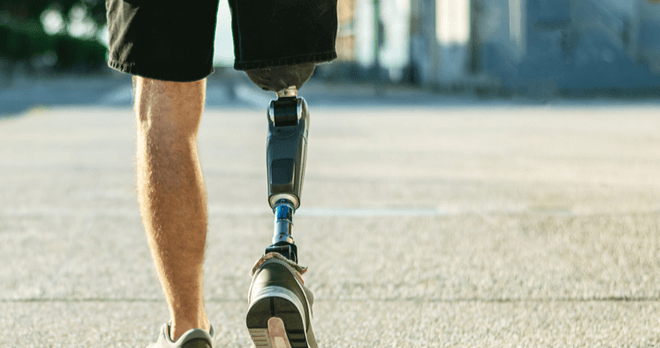
Limb loss is a life-altering event that brings both physical and psychological challenges.
Rehabilitation plays a critical role in helping individuals regain mobility, confidence, and independence. In addition to the go to rehabilitation strategies of physiotherapy and occupational therapy; sports and physical activity have emerged as powerful tools for improving physical function, mental well-being, and social integration in individuals recovering from limb loss.
The physical benefits of sport.
The physical benefits of sports in limb loss rehabilitation are well documented and include:
- enhancing mobility and strength, restoring movement and functionality and assisting with balance, coordination, and gait. These are all essential in the preparation for the use of prosthetics;
- allowing for a smoother adjustment to prosthetic limbs, promoting comfort and confidence in using artificial limbs, leading to improved functionality in everyday activities and ensuring the best prosthetic outcome;
- reducing the risk of developing secondary health issues such as obesity, cardiovascular disease and musculoskeletal disorders, due to reduced mobility and physical inactivity.
The psychological benefits of sport.
The psychological and emotional benefits of sports are equally well recognized and include:
- mastering a new sport or competing in an event provides a sense of accomplishment, which can boost self-esteem and reinforce a positive self-image;
- physical activity has been shown to release endorphins, which improve mood and reduce stress levels. Engaging in sports provides a natural way to alleviate symptoms of depression and anxiety while promoting mental wellbeing;
- sports require discipline, perseverance, and mental strength, all qualities that are essential for overcoming the challenges of limb loss. Learning to navigate physical barriers in sports helps amputees further develop problem-solving skills and mental resilience.
Being part of a community.
Perhaps less widely acknowledged are the social and community benefits of sports for amputees which include:
Promoting inclusion and social interaction.
Many amputees experience feelings of social isolation, especially if they struggle with mobility or self-consciousness about their appearance. Sports provide opportunities for social engagement, whether through team-based activities or participation in adaptive sports organizations.
Being part of a sports team fosters camaraderie, friendship, and a sense of belonging.
Being part of a community that understands their challenges can provide emotional encouragement and motivation to continue progressing in their rehabilitation journey.
Barrie Evans of the Limbless Association was an avid rugby player and coach prior to his amputation in 2018. Following his amputation, he returned to his former passion taking up wheelchair rugby and representing the Gwent Dragons Wheelchair Club. Barrie reflects that
“here I found a group of people, who’s life had dealt them a challenging time but through all our difficulties, we found help, support and comradery from each other. Through this, any mental health issues can be discussed. Loneliness is another issue that can be dealt with. These activities all help with your journey forward with your new life. It can help with your wellbeing, fitness, mental health but most of all you can increase your confidence and self-esteem.”
Over the past couple of years Barrie has had to take a break from rugby for personal reasons and reports that throughout this break his team mates have continued to reach out to provide support and that sense of comradery. He is looking forward to resuming his training with the Gwent Dragons in the very near future.
Changing public perception of disability.
When amputees participate in sports, they challenge stereotypes and redefine societal perceptions of disability. High-profile events such as the Paralympics showcase the incredible capabilities of athletes with limb loss, inspiring others and promoting greater acceptance and inclusion of people with disabilities in all aspects of life.
Adaptive sports also shift the focus from disability to ability, emphasizing what amputees can do rather than what they have lost.
In 2016 Paralympian Sophie Warner launched Superhero Series, aiming to offer bold, fun & inclusive sporting missions. Their events include the annual Superhero Tri and annual Winter Wonderwheels which are both powered by Marvel and covered by Channel 4.
Mark Walters, Senior Associate in our Injury division, took part in the Superhero Tri in July 2023 on behalf of the Spinal Injuries Association.
Mark reflects that:
“the annual event is an incredible opportunity for individuals to enter either one stage of a swim, cycle, push/run as a relay team, or to attempt the full triathlon solo. The event is specifically designed to be as accessible as possible and there are a variety of distances to accommodate individuals with a disability of any kind. ‘He says of his experience that he was ‘blown away by the incredible variety of adapted bikes, wheelchairs and powerchairs in use, not to mention the incredible effort everyone made in dressing up as their favourite superhero. It was a hugely entertaining event and an excellent opportunity to raise critical funds for charities supporting those with a disability.”
Creating opportunities.
Engaging in sports can open doors to scholarships, professional athletic careers, or opportunities in coaching and sports management. Many universities and organizations offer adaptive sports programs, allowing individuals to pursue higher education while continuing their athletic journey.
Hannah Moore is a paratriathlete who represented Great Britian at the 2024 Paralympic Games, winning a bronze medal. Hannah undertook an elective amputation of her right leg in 2016 after suffering from Complex Regional Pain Syndrome. Following her amputation, she took up sport and attended Loughborough University. On the second anniversary of her amputation she won gold at the 2018 European Championship.
What the experts say.
The Bristol Centre for Enablement (BCE) is a specialist NHS service encompassing Prosthetic and orthotic services, wheelchair services and an Electronic Assistive Technology Service.
Prosthetist Katy McIntosh is Clinic Manager at Proactive Prosthetics and also works as an Adaptive Personal Trainer. Katy feels passionately that ‘sport and activity is hugely important in people’s rehab’.
Katy says that:
“before becoming an amputee (or having any major injury), it makes up a considerable part of many people’s social life and even their personal identity. The benefits of activity and reintegration into sport is therefore so much farther reaching than just the well documented physical and mental benefits. When it comes to goal setting and planning an individual’s rehabilitation pathway, I always spend time trying to understand what activities a person was involved in and enjoyed previously, building realistic goals with them around this. Whether it be returning to a previously loved sport or trying out a new activity, having a functional goal based around something which gives an individual that sense of joy, achievement or physical challenge is hugely motivating and often benefits their broader rehab goals.”
It is clear that sports play a crucial role in limb loss rehabilitation, offering physical, psychological, and social benefits that enhance quality of life. Whether for fitness, competition, or recreation, adaptive sports empower amputees to regain confidence, develop resilience, and push their limits.
By promoting inclusion and breaking barriers, sports not only help individuals recover but also drives positive change in disability awareness, sports accessibility and inspires us all to champion diversity and celebrate the incredible achievements of athletes with limb loss.
Our expert injury solicitors have helped to secure access specialist rehabilitation and other support for many clients. If you are considering a claim for compensation, contact us today to find out how we can help.
Call now
